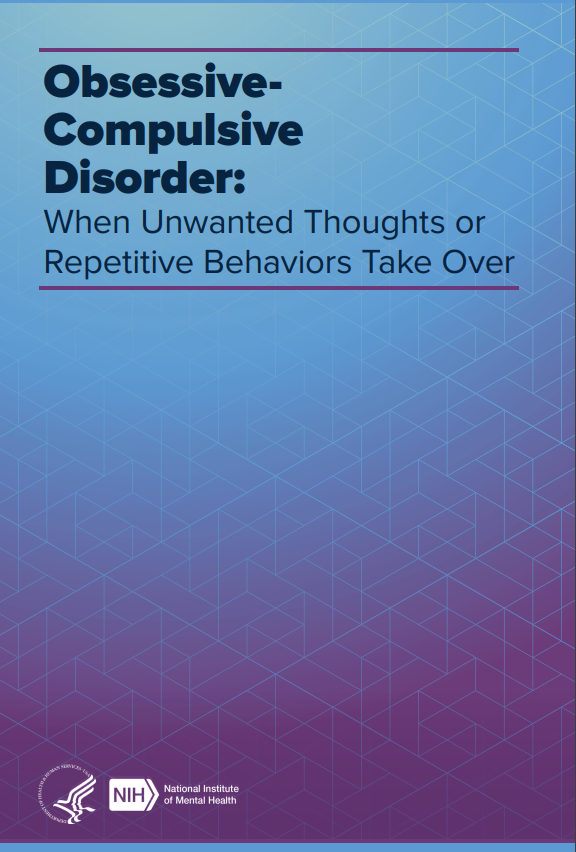What is OCD?
By Chad Hannaford, LPC-MHSP, Director of Therapeutic Services
Obsessive-compulsive disorder (OCD) is a struggle with unwanted repetitive thoughts (obsessions) and the perceived need to engage in ritualistic behaviors (compulsions) to alleviate the anxiety caused by the obsessions. Due to the frequency, duration, and intensity of both obsessive thinking and compulsive behaviors, individuals suffering from OCD feel they must engage in the rituals more and more often in order to experience negligible amounts of relief. These compulsions can be time-consuming and disruptive to everyday life, leading to increased anxiety and feelings of hopelessness.
Christians suffering from this disorder can experience obsessive thinking that is specifically related to their faith. Religious OCD, or scrupulosity, is characterized by obsessive thinking that could cause someone to question their personal salvation and relationship with God. This can lead to compulsive behaviors such as ritualistic or repetitive praying, as well as seeking reassurance from others. At HeartLife, we believe a healthy therapeutic relationship can help those suffering from OCD make significant strides toward healing. If you or someone close to you is dealing with OCD, please contact us at frontdesk@heartlifesoulcare.org or 901.756.5788 to start the healing process.
More on obsessive-compulsive disorder:
OCD symptoms cause distress, take up a lot of time (usually more than an hour a day), or significantly interfere with a person’s work, social life or relationships.
OCD can start at any time from preschool age to adulthood (usually by age 40).
One-third to one-half of adults report that their OCD started during childhood.
On average, people with OCD see 3 to 4 doctors and spend over 9 years seeking treatment before they receive a correct diagnosis. Studies have also found that it takes an average of 17 years from the time OCD begins for people to obtain appropriate treatment.
OCD is under-diagnosed and under-treated for many reasons. Some people may not have access to treatment resources. People with OCD may be secretive about their symptoms or they may lack insight about their illness. Many healthcare providers are not familiar with the symptoms or are not trained in providing the appropriate treatments. Also, people with OCD may come to a healthcare provider complaining about symptoms of depression or another anxiety disorder, which frequently co-occur with OCD. They may not tell their doctor about their OCD symptoms and their doctor may not ask, and the diagnosis of OCD therefore gets missed. This is unfortunate, as early diagnosis and proper treatment can help people avoid the suffering associated with OCD, and lessen the risk of developing other problems, such as depression or marital and work problems.
Obsessive-Compulsive Disorder: When Unwanted Thoughts or Repetitive Behaviors Take Over
This brochure, by The National Institute of Mental Health, provides information on obsessive-compulsive disorder (OCD) including signs and symptoms, causes, and treatment options such as psychotherapy and medication. Download the pdf here.
Malik’s Number Thoughts: A Story about OCD
A determined boy learns to manage his OCD.
Malik's obsessive-compulsive disorder means his brain wants him to do everything on the count of four. Can Malik say "no" to his Number Thoughts and enjoy his time at his friend’s party? Find the link to purchase here.




